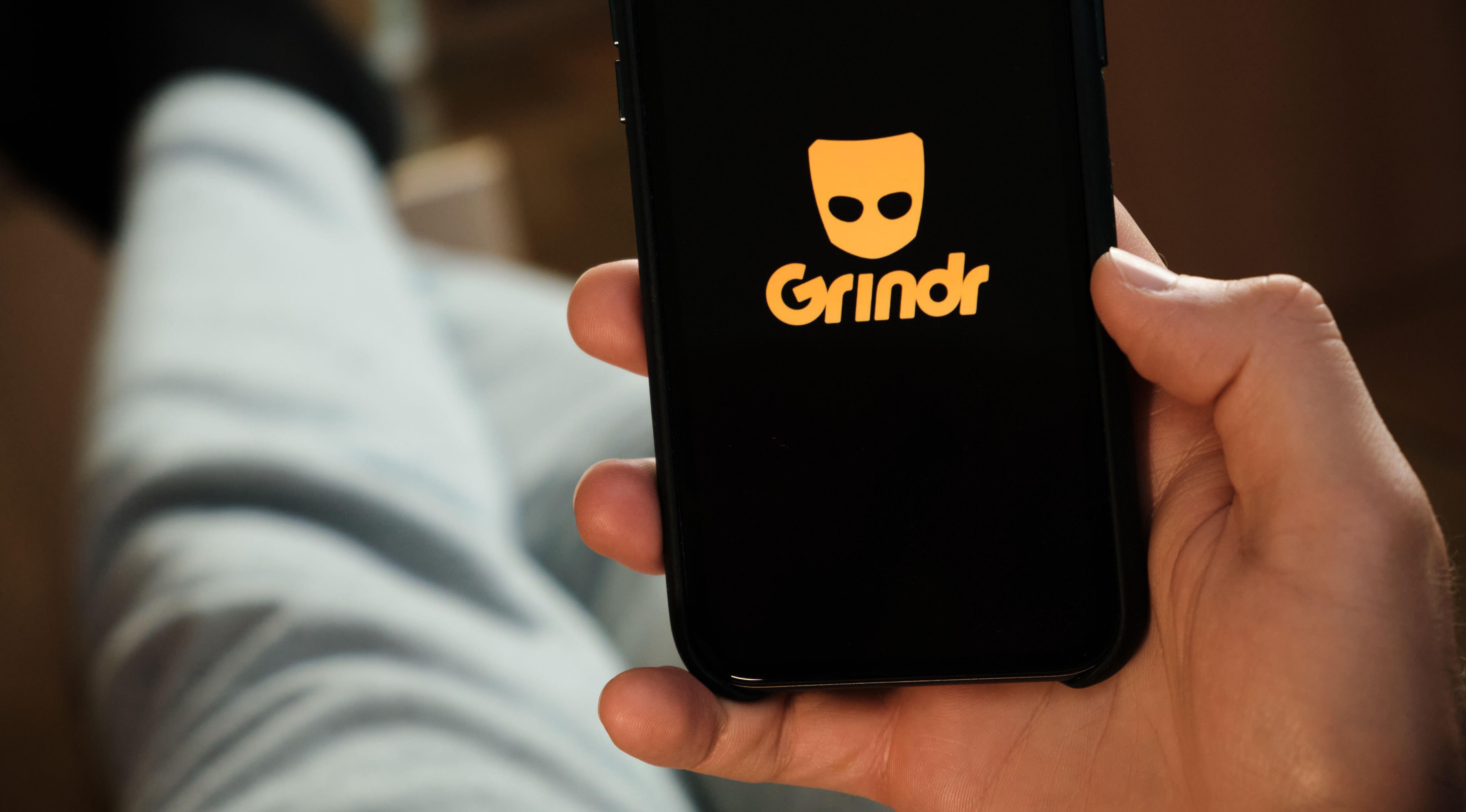‘Grindr must to do more to crack down on illegal unsolicited nudes’
'Cyber-flashing' was outlawed in England and Wales in March. Why aren't apps like Grindr doing more to prevent it, asks Max Hovey.
By Will Stroude

Words: Max Hovey; Image: Alamy
I’m a 23-year-old gay man and have been using Grindr on and off for a good few years now. Unfortunately, it’s become second nature to just expect to see some random person’s penis in at least half of the messages I open. Do I consent to this? No. Do I want this? No. Does it make me uncomfortable? incredibly.
Before I was in a long-term relationship, I would take part in casual sex, and now I’m single again, I’m enjoying having a thriving sex life with no commitments. The issue is that Grindr’s unchecked cyber-flashing crisis means the app is a breeding ground for young people to see blurred lines on consent. Only in recent years has the topic of consent become so widely discussed when it comes to anything sexual; from intercourse to an unwanted touch of your behind. But for some reason this conversation is yet to substantially include ‘cyber-flashing’, which is the non-consensual sending of nude images. I have started a petition in an attempt to stop this and thus far it has been met with a very mixed response.
Most seem to be all for stricter measures on Grindr, stating that just because they are on an app known primarily for casual sex, it does not mean they are automatically consenting to see everyone’s genitalia. Others state that they don’t mind or even like receiving these images without warning, and some were even fighting to continue to be able to send them as it “comes with the territory”.
I am an incredibly sex-positive individual and will share revealing (but not explicit) images on apps like Grindr with those who I am having a conversation with, who have expressed interest and have said they want to receive images. I respect everyone’s freedom on this app, and if some desire to be able to receive and send images without prior warning, so be it. However, we should not all be subjected to cyber-flashing – which is a crime punished with up to two years imprisonment and required registration as a sex offender – if we do not wish to be.

Max Hovey is a digital content creator who focuses on mental health, body positivity and queer issues (Photography: Francisco Gomez de Villaboa)
I am tired of random blank profiles sending me several images of their penis, or even explicit images of them having intercourse, without so much as a hello, let alone asking if I even wanted to see these in the first place. It makes me incredibly uncomfortable and has left Grindr with a questionable reputation.
To make matters worse, there seems to be a lot of victim-blaming around the topic. “If you don’t like it then don’t use the app!” seems to be a common response to justifying criminal and sexually inappropriate behaviour. This sounds dangerously close to individuals who say “if they don’t want it, they should cover up!”.
Yes, there are ‘worse’ sexual crimes that take place, but the issue is that allowing such a mentality to continue means that younger people who start to use apps like Grindr become so immediately accustomed to these behaviours that not only are they normalised, but then perpetuated.
It’s important in an age of online communication, which is unfortunately where a lot of people are now learning their social skills, that we learn to preach the same behaviours online that we do offline. Bullying is not okay, offline or online. Showing yourself explicitly to someone without consent is not okay, offline or online.
There should not be a different set of rules for in-person and through a phone. If I haven’t asked to see your dick, then don’t send it. I’m not campaigning to ban nude images from Grindr, I like them when I’ve asked for them. I’m campaigning for there to be some form of prompt that allows users to avoid being cyber-flashed, instead of it being completely unchecked and allowing such apps to be a home for online sex offenders.
Max Hovey is a digital content creator who focuses on mental health, body positivity and queer issues. Follow him on Instagram.
